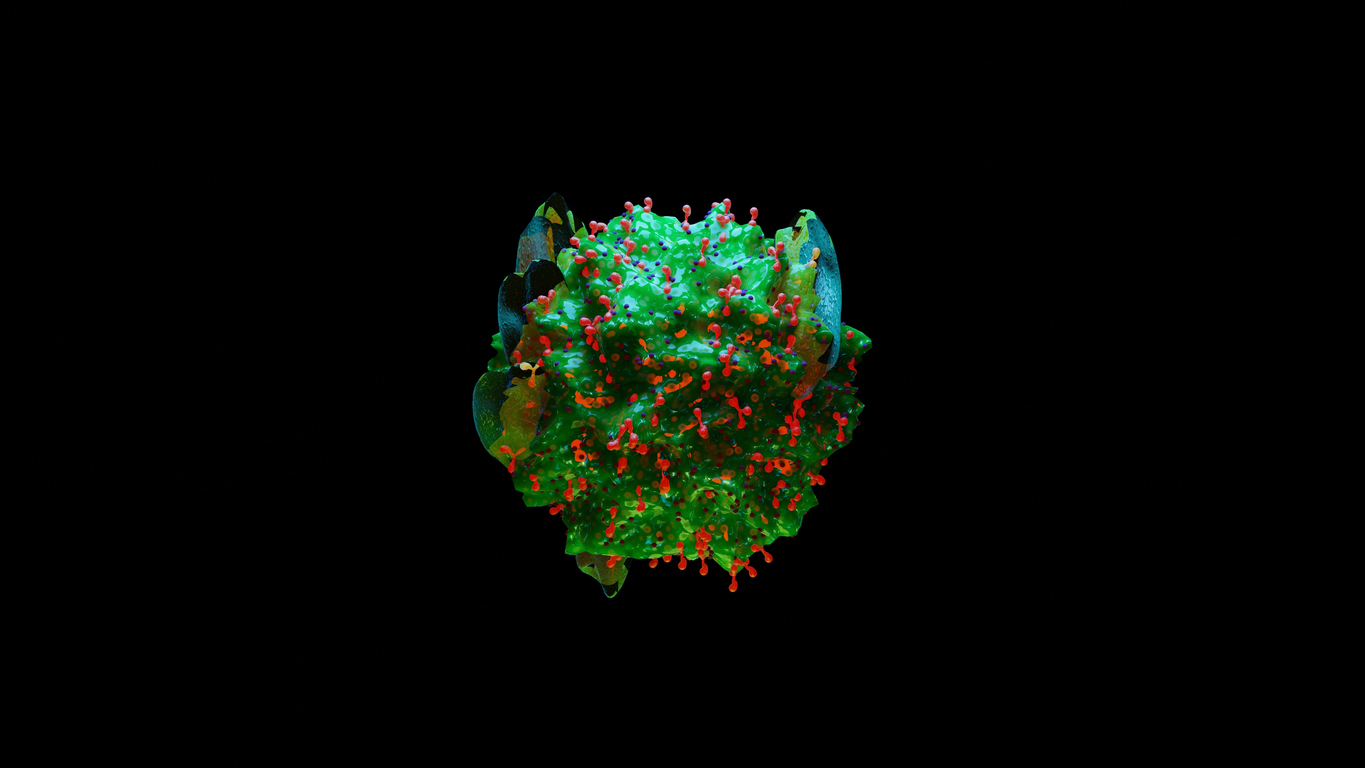Pain
At-Home Treatments for Mast Cell Activation Syndrome

What is mast cell activation syndrome?
Mast cell activation syndrome (MCAS) is a condition that impacts the body’s mast cells. Mast cells grow in the skin, airway, gastrointestinal tract, and bone marrow. They are blood cells that play a part in the immune system, and are also involved in allergic reactions. They release chemicals called “mediators” when the body encounters an allergen.
In mast cell activation syndrome, the mast cells release too many mediators when exposed to allergens or other substances, resulting in severe allergy symptoms. This causes problems with the heart, skin, neurologic system, and gastrointestinal tract. Although there is no cure for MCAS, treatment typically involves the avoidance of triggers and medication for symptom management.
At-home treatment
MCAS is typically treated by avoiding triggers and using allergy medications. Below are certain at-home treatments options in order to minimize symptoms.
Reduce stress
Certain lifestyles can have a large impact on how illnesses present in the body. Mental health can play a significant role in MCAS symptoms. Oftentimes, symptoms can cause stress, which leads to a cycle of increased stress and symptoms. This can be avoided by taking steps to improve mental health and decrease stress. A few examples for managing stress include the following:
- Mindfulness
Mindfulness is a type of meditation that involves using certain skills (e.g., guided imagery, meditation, journaling, breathing exercises, etc.) to focus on the present and observe inner thoughts and feelings without judgment. Depression, anxiety and stress are increased when too much time is spent thinking negatively, problem-solving, or planning. The goal of mindfulness is to promote relaxation, improve mental clarity, and manage stress. Improved gut health and reduced pain are two potential benefits of mindfulness that may be helpful for someone with MCAS. - Sleep
Up to two-thirds of individuals with chronic pain also deal with insomnia or other sleep issues. In many cases, chronic pain causes individuals to struggle with falling asleep. When pain is present, the body has difficulty relaxing enough to fall asleep. Also, once an individual manages to fall asleep, a sudden movement or uncomfortable position can wake them instantly, resulting in short, frequently interrupted sleep. Additionally, sleep is shown to be linked to a decrease in pain sensitivity. - Enjoyable activities
Practicing a hobby and making time for enjoyable activities can reduce stress. A repetitive cycle of doing too much when feeling good and then crashing due to pain and fatigue can develop. This cycle can be avoided by practicing activity pacing and activity planning. - Physical activity
When dealing with stress, it can be tempting to refrain from regular physical activity. This is particularly true when dealing with chronic pain, as activity limitations or an increase in pain levels may be of concern. However, physical activity is an important part of stress management for various reasons. Studies have shown that 40 minutes of physical activity per day can help reduce stress. - Social involvement
Engaging in social activities is beneficial to both physical and mental health. Staying socially active can help prevent social isolation and loneliness, which are both linked to negative health outcomes. This includes depression, high blood pressure, heart disease, and cognitive decline. Social connections also allow the body to release a hormone that halts the fight-or-flight response, which has a calming effect.
Switch to natural products
Many household products, such as cleaner, makeup, deodorant, and various sprays, contain chemicals that are likely to cause allergies. It may be beneficial to seek out naturally based products that do not have strong scents.
Maintain good gut health
There is possible overlap between functional gastrointestinal disorders and MCAS; therefore, care should be taken to maintain good gut health. Staying away from food that causes intestinal distress may offer some relief. Food can increase neuroinflammation, which contributes to central sensitization and chronic pain. Dietary changes can reduce inflammation.
Pay attention to infections
The presence of an infection may trigger mast cells to release mediators. Seeking immediate treatment for infections is essential in avoiding an inflammatory response. Prompt medical care is recommended for any suspected infection.
Additional source: MedicalNewsToday














